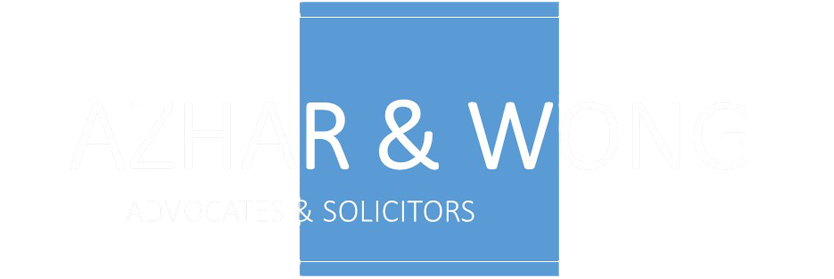
DISTRIBUTION OF PROCEEDS OF SALE (FORECLOSURE CHARGE ACTION)
The following scenario may not be common but it occurs occasionally and it presents a potential problem to the rights of a prior chargee bank:-
- Borrower has two accounts (account #1 & account #2) with the Bank secured by two separate charges (charge #1 & charge #2) on one property.
- Account #2 secured by charge #2 went into default and the Bank obtained an order for sale under the said charge #2 (also known as a subsequent charge).
- Account #1 secured by charge #1 (also known as the prior charge) has only recently been in default. Hence no foreclosure proceedings had been initiated on the said prior charge.
Section 268(1)(e) of the National Land Code (“NLC”), specifically provides for proceeds of an auction sale to be paid out to subsequent charges after settling the amount due under the charge from which the order for sale had been obtained.
The specific wordings of Section 268(1)(e) NLC will certainly pose many problems. One obvious problem would be that the auction pursuant to the order for sale as granted for the subsequent charge, if successful, its proceeds may not be utilised to settle the amount due under the prior charge. This effectively means the amount under account #1 will not be secured anymore. Further, the prior charge may prove to be a deterrent for any prospective buyers as it technically remains an encumbrance on the said property unlike the subsequent charge which will automatically be removed when the auction sale is completed. Another problem would be that in obtaining the said order for sale, the prior charge which was not made known to the court may well be considered as “cause to the contrary” thereby making the said order for sale bad. This may lead to the setting aside of the order for sale made for the subsequent charge.
Therefore, proceeding with foreclosure action on a subsequent charge will not be advisable even though the account under the prior charge is not in default. The obvious way to proceed will be to recall account #1 even though it is not in default utilising the usual cross-default clause and thereafter to foreclose on both charges.
Article By
ROBIN LIM
*The content provided on this website including the articles represent solely the opinions and viewpoints of the author(s). It is not intended as legal advice and readers should not rely on the information presented herein. Legal matters are complex, fluid and require individualised attention based on specific circumstances. Readers are strongly encouraged to seek professional legal counsel to address their unique concerns. Azhar & Wong and/or the author(s) assume no responsibility or liability for any actions taken or not taken based on the content of this website including the articles herein.
